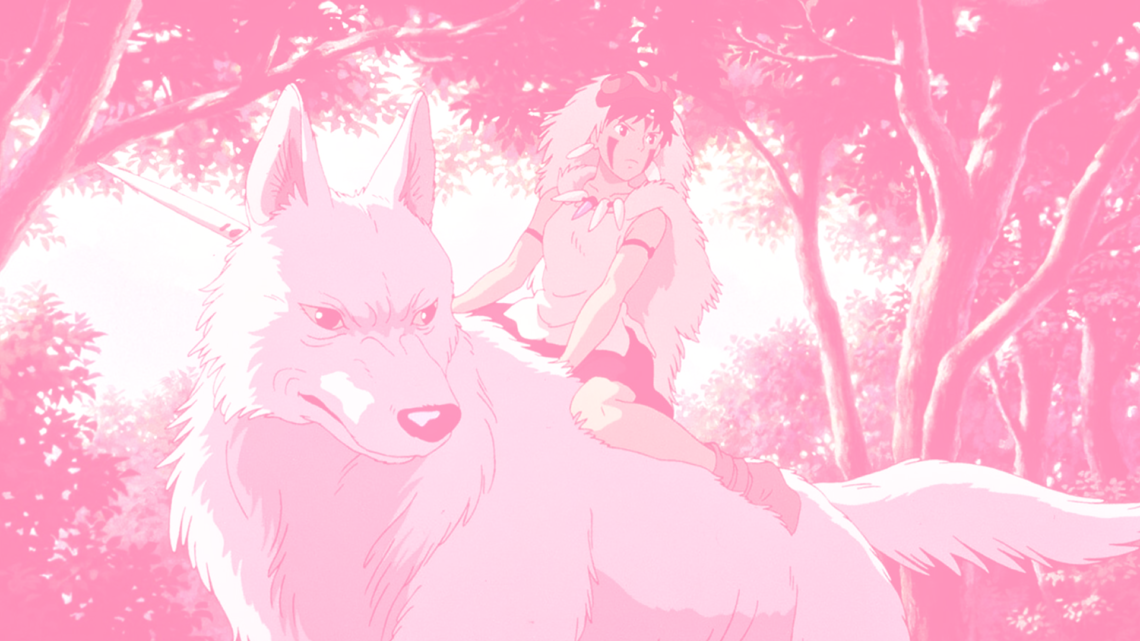As a millennial, your cinematic religion comes to you by accident. The magic you come to believe in falls into your lap the first time you see something that you want to become a part of. Whether that be the house of Griffindor, the glittering skin of Edward Cullen, the animal tribe from the Lion King or Lord of the rings. Something very fundamental happens when you fall in love with a fantasy world for the first time . It is the moment that a deep passionate desire is planted in your heart, a longing to a warm and safe place, where you can drift off to for the rest of your living life. It is the moment that you learn to understand a certain sense of spirituality, magic and morality that become so real, that this feeling never leaves your body again.
For me, my religion was Hayao Miyazaki, and my wonderland was Studio Ghibli. I think I must have been around six years old when I saw Princess Mononoke for the first time, in my grandmother’s house in the small mountainous village that she lives in, together with my cousins and aunts. The story is an epic tale about a prince names Ashitaka, and his involvement in a struggle between the mountain Gods and the humans who consume its resources. The film demonstrates the power imbalance between man and nature, between destruction of the environment and human industries, between spirituality and capitalism, and is deeply grounded in Shinto religion.
After having watched the film, we went on a walk in the woods with my family, and I remember one of my aunts reminding us that we had to thank the trees for allowing us to walk in the forest. My Japanese family’s animistic believes had become crystal clear to me. The omnipresence of demons, ghosts and spirits in daily life in Princess Mononoke made me understand the power of the mountains for the first time in my life. You may consider it my most religious experience.
Miyazaki once said that children’s souls are the inheritors of historical memory from previous generations. He said: “it’s just that as they grow older and experience the everyday world that memory sinks lower and lower.” These are words I return to, and his films are a place to be embraced by when this sense of power feels lost.
Miyazaki’s films take place in countries that you cannot actually show on the map, a moment in time that is not quite the future nor the past, but seem oh so familiar, the characters live in between mundane sweet daily life and adventure, nature and city rumbling, magic and planet earth. His films reveal the complexity of antagonising demons or glorifying heroes. The moral duality in his films shows that Miyazaki believes in the good of people. And one thing is clear when it comes to Miyazaki: we all believe in the good of his filmmaking, because I am yet to meet someone who doesn’t love his work.

